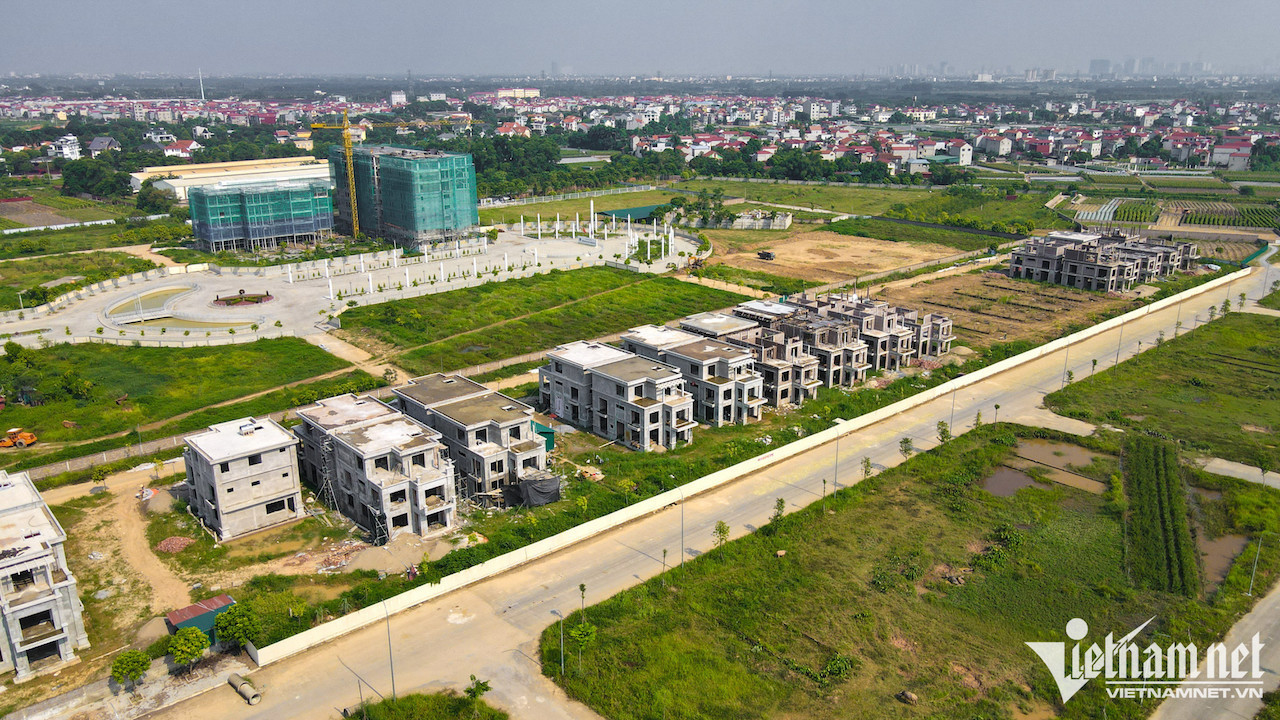On November 23, the National Assembly passed a resolution on the findings of a thematic oversight report concerning the implementation of policies and laws governing the real estate market and social housing development from 2015 to 2023.

The report highlights both progress and persistent issues in Vietnam’s real estate market. While the sector has grown significantly in size and importance, becoming a key driver of socio-economic development, several challenges remain.
One critical issue is the delay in land valuation processes, which has stalled many real estate projects. In some cases, these delays are due to legal reviews by government agencies, while in others, local authorities have violated laws related to investment, land, and construction procedures.
The report also notes that high financing costs from loans and corporate bonds have added to real estate prices. Furthermore, the supply of real estate products has decreased sharply in 2022-2023 compared to earlier years, while property prices have risen significantly faster than average income levels, exacerbating affordability issues.
A large number of projects face legal obstacles, delays, or complete stagnation, wasting land and resources, increasing costs for developers, and driving up property prices. Additionally, the tourism and hospitality real estate sectors remain nearly frozen due to unresolved legal challenges.
The National Assembly has directed the government to:
Finalize and issue detailed legal guidelines related to the real estate market.
Address existing challenges from 2015-2023 while resolving new legal issues to create a fair and transparent business environment.
Strengthen land finance management, particularly land valuation processes and pricing adjustments, to ensure reasonable costs for land-related activities and balance the interests of the state, land users, and investors.
Develop solutions to resolve legal and procedural obstacles for delayed real estate projects.
The National Assembly emphasized the need for new tax policies, including:
Higher taxes on individuals owning large areas of land or multiple housing units.
Penalties for those who fail to utilize land effectively or leave land abandoned.
These reforms aim to align tax policies with upcoming changes in land laws, improve land use efficiency, and promote income redistribution.
The General Department of Customs reported that as of November 15, Vietnam had exported over 8 million tons of rice, earning $5.05 billion - the highest revenue in history.
In the first 10 months of the year, Vietnam’s average export rice price was $626 per ton, a 12% increase compared to the same period last year. Vietnamese rice varieties now command higher prices than those of leading exporters such as Thailand, India, and Pakistan.
Quang Phong